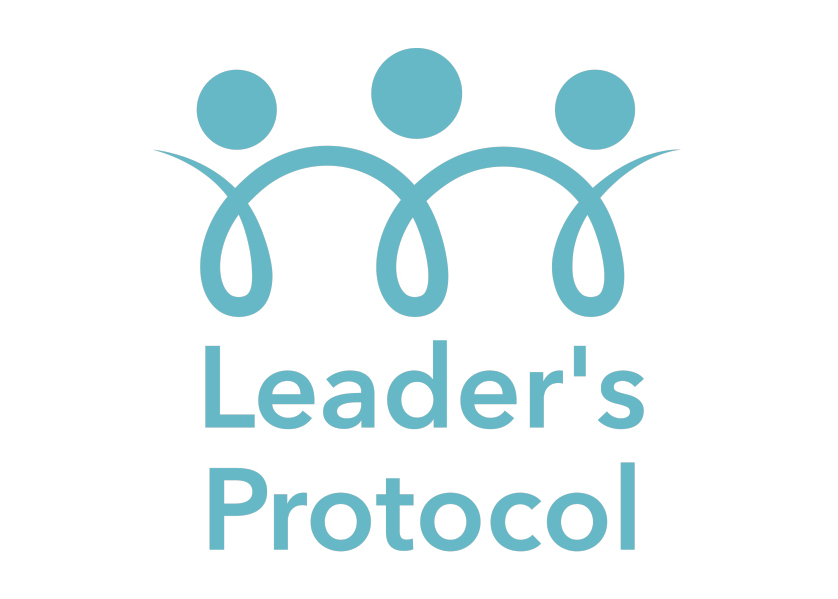Leadership as a social construction is continuously evolving for so many reasons. Can leadership be tightly defined in 2023? I don't think so. Insights from just a few show that the way leadership manifests itself is a complex topic. Here's some thoughts on the subject.
(Re)defining Leadership: Insights from Influential Leaders
Leadership, as a concept, has been dissected, discussed, and debated for decades. Different theories and models abound, each with its proponents and critics. However, one consensus is that leadership is not static. It evolves with time, influenced by changing societal norms, technological advancements, and organisational structures. In this article, I’ll touch on insights we can glean from some influential leaders who are redefining leadership in the modern era.
Empathetic Leadership: Brené Brown
Brené Brown, a research professor at the University of Houston, has revolutionised the understanding of leadership with her focus on vulnerability, empathy, and courage. In her book, “Dare to Lead: Brave Work. Tough Conversations. Whole Hearts.”, Brown emphasises that empathy and vulnerability are not weaknesses but strengths in leadership. This perspective has been echoed by leaders who’ve successfully navigated teams through the Covid-19 pandemic, highlighting the importance of empathy in uncertain times.
Servant Leadership: Simon Sinek
Simon Sinek, renowned author and motivational speaker, emphasises the concept of servant leadership in his book, “Leaders Eat Last: Why Some Teams Pull Together and Others Don’t”. According to Sinek, leaders should prioritise the needs of the team above their own, fostering a culture of trust and cooperation. This perspective has been adopted by many successful corporations, such as Southwest Airlines, indicating its value in practical applications.
Transformational Leadership: Satya Nadella
When Satya Nadella took the helm of Microsoft in 2014, the company was struggling to keep pace with competitors. Nadella implemented a transformational leadership style, emphasising a “growth mindset”. He encouraged learning, innovation, and risk-taking, transforming Microsoft’s culture and reestablishing it as a tech leader.
Authentic Leadership: Oprah Winfrey
Authenticity in leadership encourages leaders to be true to themselves and their values. Oprah Winfrey, one of the most influential women in the world, exemplifies this. She uses her platform to promote education, empowerment, and equality, making a positive impact on millions of lives and inspiring many to follow suit.
A Critical Analysis
While these approaches redefine our understanding of effective leadership, it’s crucial to note that they may not be universally applicable. Context matters in leadership. For instance, a transformational leadership style may work well in a tech firm like Microsoft but might be less effective in a highly regulated, risk-averse industry.
Additionally, it’s worth noting that even the best leaders make mistakes. Nadella, for example, received considerable backlash for a comment he made suggesting women shouldn’t ask for raises and instead trust the system to pay them fairly. Nadella acknowledged his error, demonstrating the importance of owning up to mistakes – a vital leadership lesson in itself.
The key takeaway here is not to blindly imitate these influencers but to absorb their lessons, critically analyse them, and adapt them to your unique context.
Leadership for the Future
An HBR article titled, “The Changing Role of Leadership in the Digital Age” highlights that the advent of technology has dramatically changed the leadership landscape. The future demands leaders who can navigate complexity, embrace technology, and foster innovation, all while maintaining the human touch.
These top influencers are paving the way, but redefining leadership is an ongoing journey. We must continue learning, unlearning, and relearning, keeping our eyes open for new lessons, insights, and perspectives. By doing so, we will not only redefine leadership but also transform our organisations for the better.
In conclusion, leadership is an ever-evolving domain. As the world continues to change, so must our understanding of what effective leadership entails. It’s no longer about authority and control but empathy, service, transformation, and authenticity. Our top influencers teach us that leadership is about influencing positive change – in ourselves, our teams, and our organisations.
As the great leadership scholar Warren Bennis said, “The most dangerous leadership myth is that leaders are born – that there is a genetic factor to leadership. This myth asserts that people simply either have certain charismatic qualities or not. That’s nonsense; in fact, the opposite is true. Leaders are made rather than born.”
By learning from these top influencers, we can all make strides towards becoming better leaders. By embracing empathy, prioritizing others, fostering transformation, and leading authentically, we can redefine leadership for the modern era and beyond.
Want more? I’d recommend …
Book: “Leaders Eat Last: Why Some Teams Pull Together and Others Don’t” by Simon Sinek
Article: “The Most Important Leadership Competencies, According to Leaders Around the World” by Harvard Business Review
Video: “Everyday Leadership” TED Talk by Drew Dudley
Podcast: “The John Maxwell Leadership Podcast”



